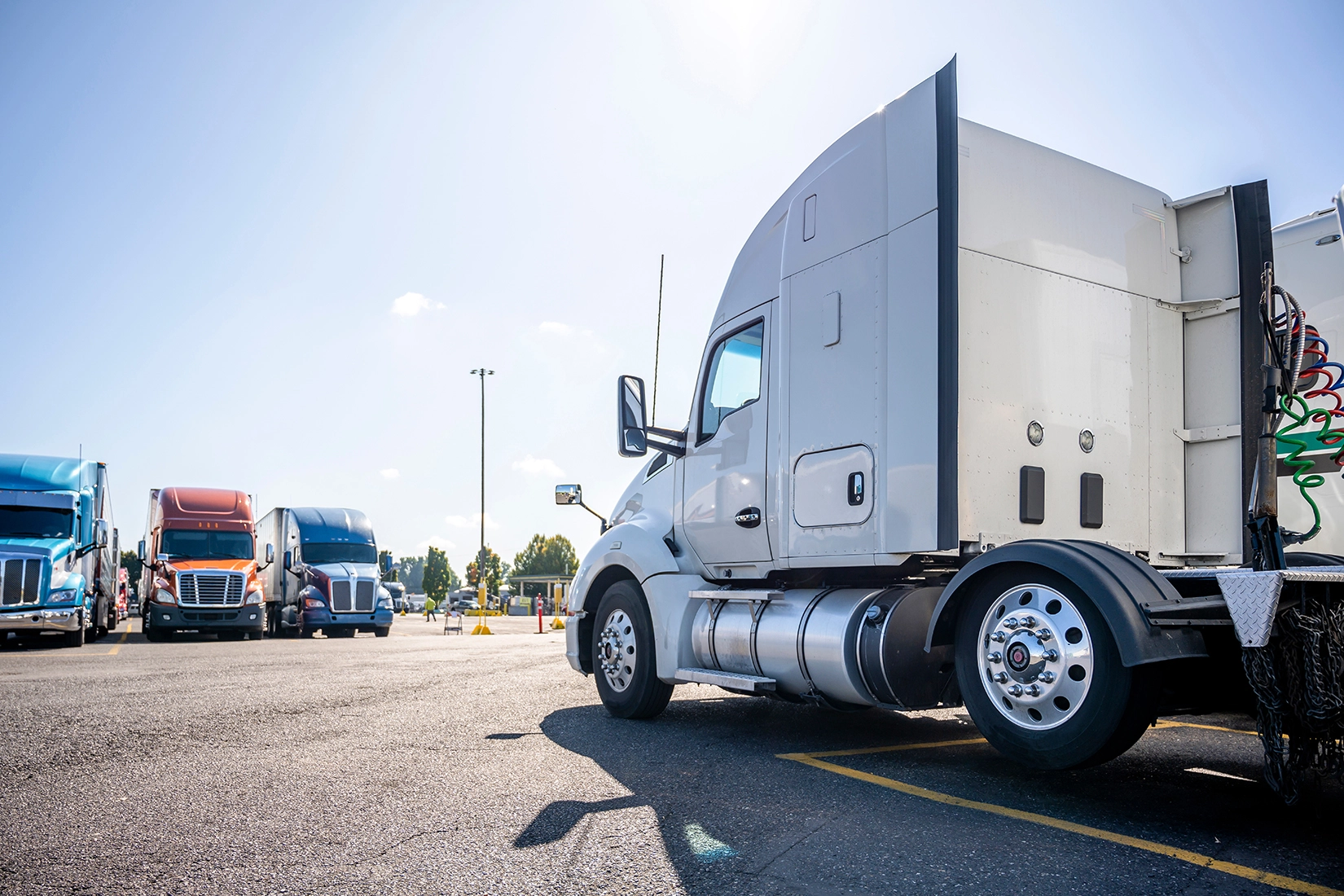Application Form
Please fill out the form below, so we can contact you as soon as possible!

Stepping up from being a solo truck driver to running your fleet is a big move—and it’s not for everyone. But if you’ve built a solid foundation and find yourself itching for the next level, it might be time to scale your business. So, how do you know you’re ready? And what should you expect when transitioning from the driver’s seat to the owner’s office?
Here are the telltale signs you’re ready to grow your trucking operation, along with practical advice on managing other drivers and building a sustainable fleet.
If you’re consistently rejecting good-paying loads because your calendar is full, that’s a clear sign that there’s more opportunity than you can handle alone. Bringing on additional trucks and drivers allows you to capture that extra revenue.
Pro Tip: Start by tracking how many loads you’re turning down and estimating the missed income. It’ll help you gauge how much growth you could sustain with more capacity.
Before scaling, you need a strong grasp of operational essentials—cost tracking, compliance, maintenance schedules, invoicing, and customer service. If you’ve been successfully managing your operation with attention to detail and profitability, you’re on solid ground to grow.
Scaling up requires capital, whether for purchasing equipment, hiring drivers, or marketing your business. If your credit is good, your cash flow is steady, and you have emergency reserves, you’re in a better position to invest in growth.
Quick Checklist:
A strong book of business is crucial. If brokers, shippers, or direct clients trust your service and consistently offer you loads, you have a good base to build on. Your reputation will help attract not only freight but also drivers.
Being a fleet owner means transitioning from hands-on hauling to leadership and logistics. You’ll need to recruit, vet, and manage drivers. That includes onboarding, setting expectations, monitoring performance, and sometimes handling difficult conversations.
Management Tip: Start with one truck and one driver. Learn the ropes of delegation and communication before scaling further.
Fleet ownership isn’t just about getting more trucks—it’s about having a strategy. You’ll need to think about:
Write down a growth plan with clear milestones and budget projections.
Fleet ownership isn’t for the faint of heart. It comes with stress, responsibility, and risk. But if the idea of building something bigger drives you, whether it’s financial freedom, legacy, or creating jobs, then it might just be the right time to leap.
Growing from a single truck to a fleet doesn’t have to happen overnight. Start with one additional unit. Focus on building solid systems for recruiting, dispatching, and maintaining quality service. Monitor your numbers, protect your margins, and scale only when it makes sense.
With the right mindset and preparation, moving from driver to fleet owner can be one of the most rewarding transitions in the trucking world.
Application Form
Please fill out the form below, so we can contact you as soon as possible!